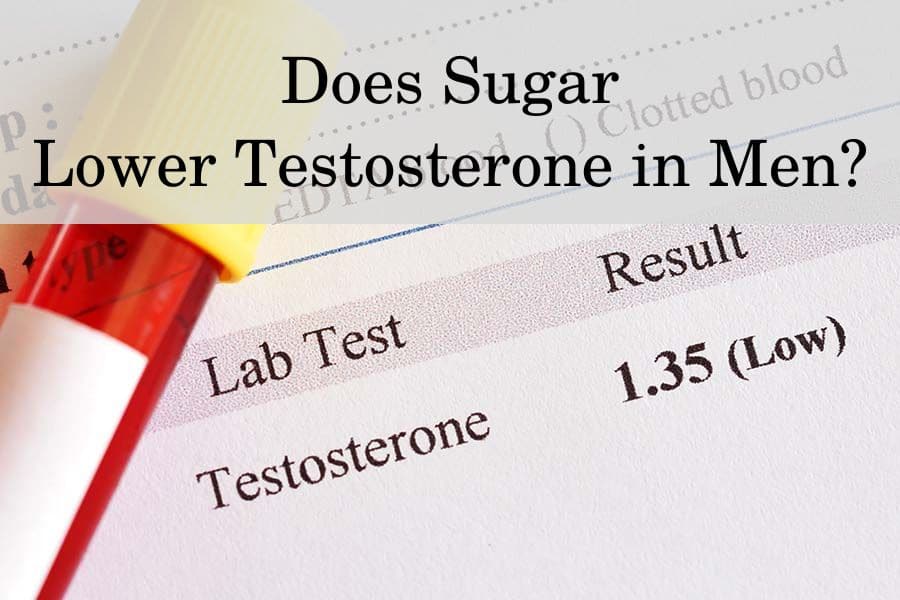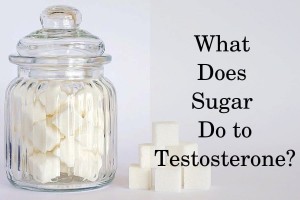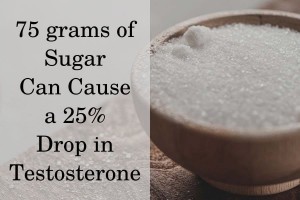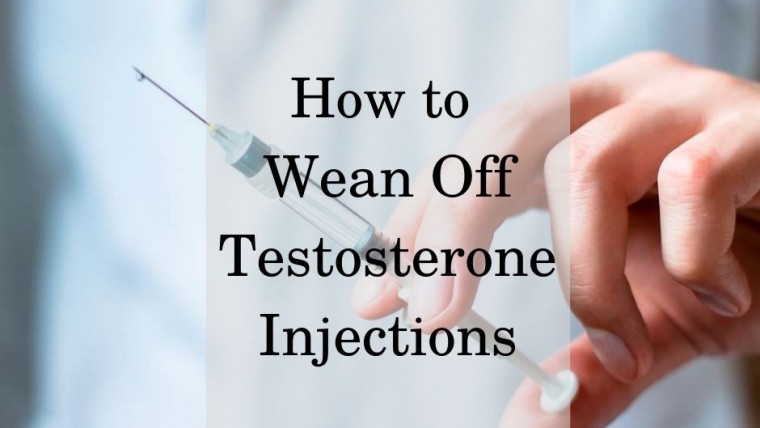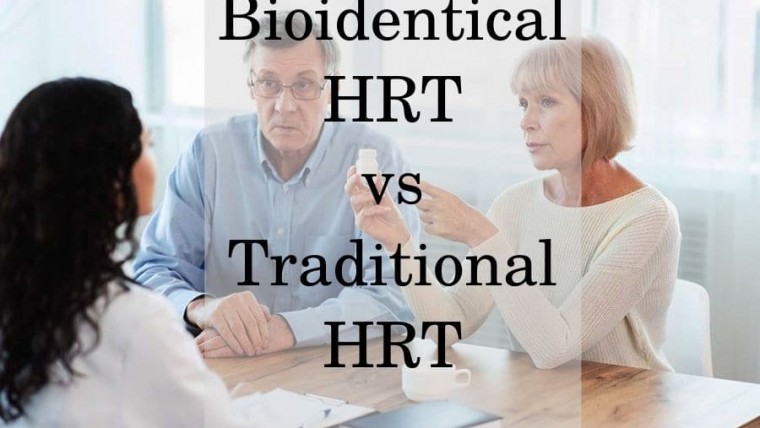In this article
Sugar is often purported as a testosterone-killing food, and men who aim to optimize their testosterone (T) levels are recommended to avoid it.
Indeed, dietary choices can influence both your immediate and long-term T levels. For example, high sugar intake and overnutrition can disrupt your hormonal balance and potentially lower your T.
Yet, the evidence suggests that not just sugar but most foods may have a short-term testosterone-lowering effect, regardless of their specific nutrient composition.
On the other hand, consistently overindulging in sugary and other unhealthy foods can result in metabolic issues like obesity, which can persistently hinder T production.
Keep reading to discover whether men should actually restrict their sugar intake in order to optimize their T levels and how your diet may affect your hormonal balance.
How does sugar affect testosterone?
Sugar may have an acute testosterone-lowering effect, as shown by studies investigating the effects of glucose ingestion in men.
Glucose is a type of sugar, and it’s the most important carbohydrate for the human body. Carbohydrates are one of the three main macronutrients in the human diet, alongside proteins and fats.
All carbohydrates in the diet except for fiber (which is indigestible) get broken down to glucose or other simple saccharides such as fructose, galactose, etc. These saccharides can also be converted to glucose.
Ultimately, carbohydrates and particularly glucose, are the main source of energy for the human body.
However, the body reacts differently depending on how complex the carbohydrate is, how easily it can be eventually converted to glucose, and how fast it will raise blood glucose levels.
For example, “regular” or white sugar is a simple carbohydrate that is made of two saccharides – glucose and fructose. Similar to most sugars, it is easily broken down to glucose which reaches the bloodstream.
As blood glucose levels rise quickly, this triggers a rapid hormonal response to reduce it back to normal. The body produces the hormone insulin, which decreases blood sugar levels, and it’s tough to interact with the function of other hormone-producing organs, including the testes in men.
Thus the immediate increase in insulin levels after sugar ingestion, may quickly suppresses T synthesis by the testes
How does sugar affect other hormones?
Here is a breakdown of the most notable short-term hormonal changes induced by sugar intake:
- insulin increases
- testosterone decreases
- glucagon decreases
- leptin decreases
Hormones that do not appear to be affected in the short term by the ingestion of sugar are:
- estrogen
- luteinizing hormone (LH)
- prolactin
- cortisol
Sugar doesn’t affect the production of gonadotropic hormones by the pituitary gland, such as LH, which is the main regulator of testicular function and stimulates testosterone production. Thus, the scientists posit sugar may have a direct acute suppressing effect on the testes.
Insulin is also released after the consumption of more complex carbohydrates as well, and even the intake of most proteins. Accordingly, studies show that consuming a mixed meal or lean protein foods also leads to a short-term decline in T levels, which is similar to the decline observed after glucose ingestion.
Interestingly, there is also a trial showing an acute decline in T levels after a high-fat meal, although fat does not trigger the release of insulin.
Further, the satiety hormone – leptin was reported as decreased in one of the aforementioned studies. While this may not have an impact on testosterone levels per se, it may reduce overall satiety, leading to increased hunger and overeating.
Despite the fact that sugar and glucose have a high energy density, they do not induce much satiety and sustainable hunger reduction. Thus, frequently consuming high-sugary foods may lead to poor appetite control and increased intake of calories.
While sugar intake does not affect estrogen levels in the short term, overnutrition in the long term can lead to obesity and increased aromatization of testosterone into estrogen.
Elevated estrogen levels send negative feedback to the pituitary and suppress gonadotropin production, leading to reduced testosterone levels.
Indeed, a recent review of studies found a link between following a high-calorie, high-sugar diet and having lower T levels in men.
Does sugar decrease testosterone?
Sugar intake can cause a short-term decrease in testosterone levels, but the exact mechanisms via which it happens remain unknown.
The drop in T levels may be related to the rapid increase in insulin, although studies in men with different levels of insulin sensitivity have shown that the decrease in testosterone occurs regardless of their glucose tolerance and insulin response.
For example, one trial included 74 men with varying glucose tolerances – 57% were healthy, 30% had insulin resistance, and 13% of the males had newly diagnosed type 2 diabetes (T2D).
After receiving 75 grams of sugar in the form of glucose, T levels declined equally amongst all men, regardless of their obesity levels or glucose tolerance level.
These results indicate that the decrease in T levels does not depend on insulin sensitivity levels. Moreover, testosterone reduction is also not related to a disruption in pituitary function, as LH levels remained unaffected by the glucose administration.
Testosterone decline after ingesting 75 grams of glucose solution may reach up to 25% from baseline
Both glucose and carbohydrate-containing meals resulted in a decline in testosterone levels. Therefore, it is likely that all forms of sugar that break down to glucose, including refined sugar and natural sugar, have similar T-lowering effects.
However, there is no data to suggest whether the amount of testosterone decline depends on the source of the sugar, such as molasses, honey, maple syrup, high-fructose corn syrup, etc.
How much does sugar lower testosterone?
Testosterone decline after ingesting 75 grams of glucose solution may reach up to 25% from baseline. However, it is important to note that this decrease is transient.
Evidence shows that testosterone drops as soon as 20 minutes after glucose ingestion, and T levels reach their lowest point around 60th minutes. After that, T levels start to slowly increase, and the process continues past the 120th minute. However, serum T does not return to baseline within this time frame.
According to these results, glucose does not appear to keep T levels low for longer than 2 hours. Thus, sugar does not kill testosterone levels completely.
Moreover, these tests were performed in the morning, when testosterone levels have already passed their highest point (right before waking up) and are already slowly declining.
Therefore, testosterone was already declining when the subsequent tests were performed, and T levels cannot be expected to recover back to baseline after several hours into the test when the morning peak has long passed.
Can sugar beverages decrease T levels?
Considering the fact that ingesting a glucose solution leads to a rapid decrease in testosterone, sugar beverages such as soda will likely have the same effect.
Further, sugary drinks are notorious for their high caloric density and low satiety index. Frequent consumption can easily lead to weight gain and hormonal imbalances such as low T.
Indeed, population-based studies in young men show that excessive soda consumption in the US is associated with low serum T levels.
On the other hand, sugar-free drinks and beverages are unlikely to have an acute effect on testosterone levels, as they do not contain any macronutrients or calories.
However, some animal studies suggest that excessive consumption of calorie-free sweeteners such as aspartame may have negative long-term effects on testicular health and fertility.
Does quitting sugar increase testosterone?
Quitting sugar may help increase testosterone levels in men with weight-related issues who consume most of their calories from simple carbohydrates. If you are overweight or obese, avoiding sugary foods and beverages may help reduce your total energy intake and facilitate weight loss.
Sugar intake is considered high or excessive when it exceeds the recommended daily intake of up to 10% of your daily calories. Thus, a man who consumes about 2500 kcals a day should limit his sugar intake to less than 62 grams (equal to 248 kcals).
This includes sugar from all sources, including white sugar, processed foods with added sugar, high-fructose corn syrup, molasses, honey, maple syrup, and all other glucose-containing options.
Keep in mind that limiting sugary foods and beverages may not be effective for weight loss and testosterone optimization if you compensate for the decreased caloric intake with increased consumption of other macronutrients such as fats.
Limiting the total calorie intake is the most important factor for improving testosterone levels in men with weight management issues
If you are overweight or obese, then one trial suggests losing 14% of your weight may help improve free T levels by about 12% and your total T levels by roughly 30%.
The researchers reported that the participants lost this weight (about 35 lbs on average) within 9 weeks, and the percentage of men with low T decreased from 48% to 9%.
It is important to note that this weight loss was achieved in men with an average body weight of 255 lbs who were following a very low-calorie diet (800 kcal/day). For individuals with lower body weight, it may be more reasonable to follow less restrictive diets for less aggressive weight loss.
However, quitting sugar is not going to have any benefits for your testosterone levels if you have low T due to medical conditions such as hypogonadism.
If you have low testosterone and symptoms such as erectile dysfunction, muscle loss, lack of energy, excessive daytime sleepiness, brain fog, etc., then you should first consult with an experienced medical doctor who will determine whether you may need medical treatment such as testosterone replacement therapy (TRT).


